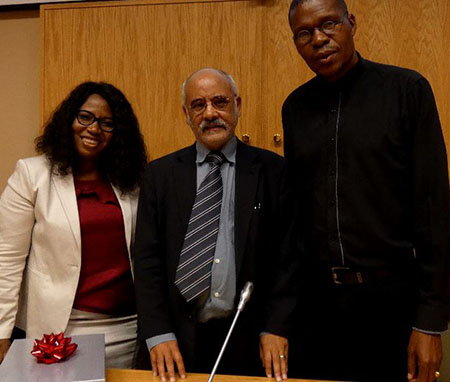Decolonisation and the transformation of education have been hot topics within South Africa’s higher education sector for the past few years. The North-West University (NWU) recently invited Prof Crain Soudien, CEO of the Human Sciences Research Council, to give an in-depth public lecture on “The Long Transition in South African Higher Education: Struggles around Transformation”.
In his lecture Prof Soudien touched on a number of important issues. They include the post-apartheid inheritance, the shape of the current system, the transformation challenge and the future of the South African university.
Understanding the change of education
According to Prof Soudien higher education around the world can be categorised according to three phases, namely the elite, mass higher education and universal access. “South Africa is coming out of its elite phase and tipping into a mass educational system. This shift is a result of big sociological changes that occurred in the country after 1994,” said Prof Soudien.
He stated that since 1994 there has been a massive shift in the country, with a huge growth in the black middle class. This middle class, however, was still fragile. One of the most important features of this middle class is its commitment to better education for its children. Statistics show that the biggest component of its spending was on education. Middle class people are sending their children to former Model C schools and universities, often at great sacrifice.
Moving forward, more work needs to be done
Prof Soudien also stressed that universities do not know enough about the experience of this new middle class as it is entering the university. He suggested that more work needs to be done to understand this experience. In this experience was a great deal of complexity, including the pain of past hurts of racism, current feelings of not being included in the university. Understanding this complexity will assist universities to deal with the past and work out how to build a future for itself.
“Universities need to find ways to teach against the complexity of pain, to manage human empowerment, move away from disempowerment and find solutions to deal with anger, rage and depression. This will assist them in taking a new direction,” concluded Prof Soudien.

Prof Refilwe Phaswana-Mafuya, the NWU’s deputy vice-chancellor for research and innovation, Prof Crain Soudien, and Prof Dan Kgwadi, the NWU’s vice-chancellor.
